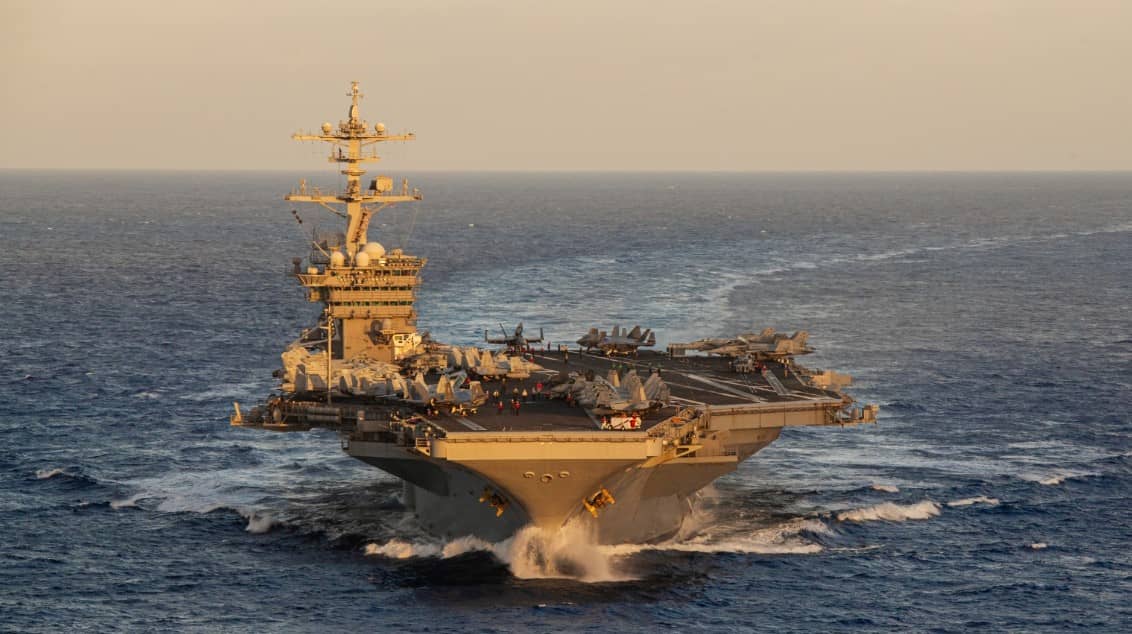US Indo-Pacific Commander Calls for Readiness in the Pacific Amid China’s Expanding Drills

Admiral Samuel Paparo, Commander of the U.S. Indo-Pacific Command, emphasized the need for U.S. military readiness in the Pacific amid China’s unprecedented military exercises and modernization efforts.
During a panel discussion at the Brookings Institution on Tuesday, Paparo described the scale and scope of China’s military drills in 2024 as the most extensive he has observed in his career. Over the summer, China conducted joint air, missile, and naval operations across a broad geographical area, including maneuvers involving 152 ships in a single day. These exercises tested blockades, amphibious assaults, and urban warfare tactics, potentially simulating scenarios for an invasion of Taiwan.
“This was the largest rehearsal we’ve seen on an upward trajectory of PLA modernization and joint rehearsal,” Paparo said, referring to the People’s Liberation Army. The drills coincided with key events in Taiwan, including the inauguration of its president in May and National Day celebrations in October. Paparo noted the exercises involved three-quarters of China’s amphibious fleet and 43 brigades performing complex operations.
China’s navy, the world’s largest, boasts over 370 ships and submarines, compared to the U.S. Navy’s 295 vessels. Despite this numerical advantage, Paparo argued that a cross-strait invasion of Taiwan would remain “exceedingly difficult” due to U.S. and allied capabilities.
While downplaying the likelihood of an imminent conflict, Paparo stressed the importance of maintaining readiness. “The closer we get to 2027, the less relevant that date becomes,” he said, referring to a benchmark year when China aims to achieve military readiness for a Taiwan invasion. “We must be ready today, tomorrow, next month, next year, and onward.”
However, Paparo voiced concerns about depleted U.S. weapon stockpiles following the supply of arms to Ukraine and Israel. Key systems such as Patriot missiles and air-to-air munitions have been drawn down, potentially affecting the Indo-Pacific region’s readiness. “To say otherwise would be dishonest,” Paparo said, calling for rapid replenishment of these stocks.
Paparo also addressed the role of unmanned systems in a potential conflict. While drones have proven effective in Ukraine, he cautioned that smaller unmanned platforms alone would not suffice in the vast Indo-Pacific theater. “You can’t quit on air and maritime superiority in the Pacific,” he said, noting that the U.S. must maintain control over sea lines of communication, particularly in areas like the Taiwan Strait.
While acknowledging the Pentagon’s $1 billion Replicator initiative, he underscored that unmanned systems must complement manned assets and traditional capabilities, with human oversight remaining crucial in autonomous decision-making.
